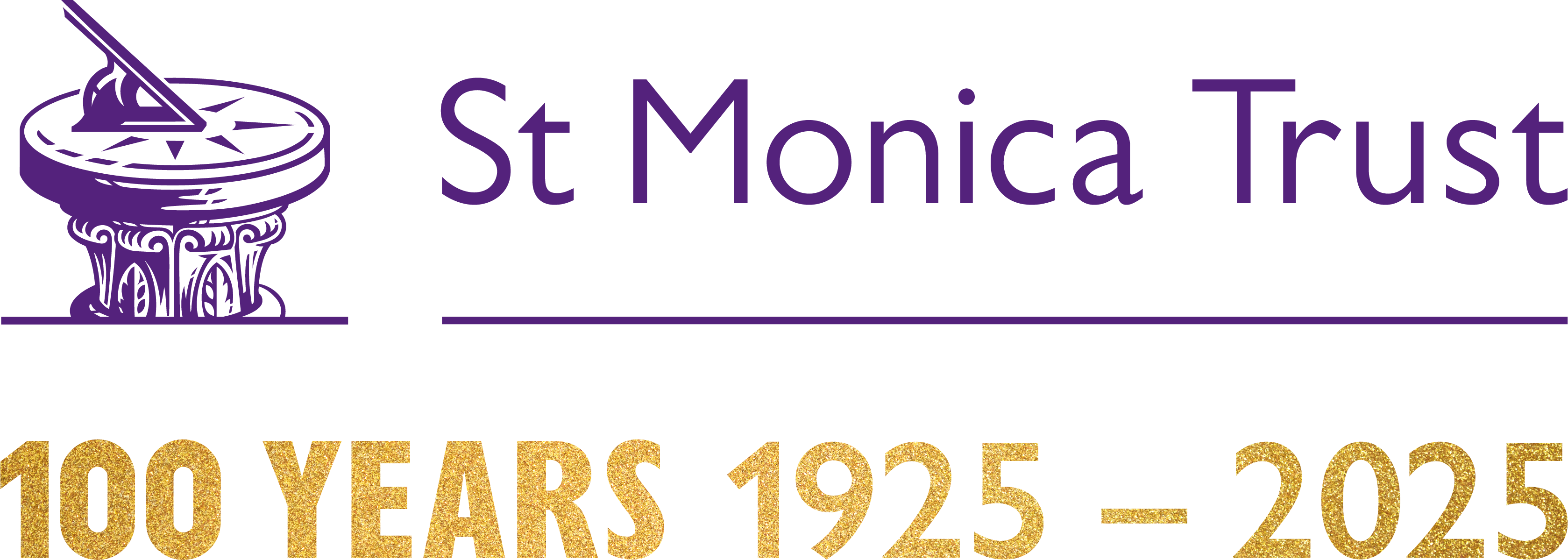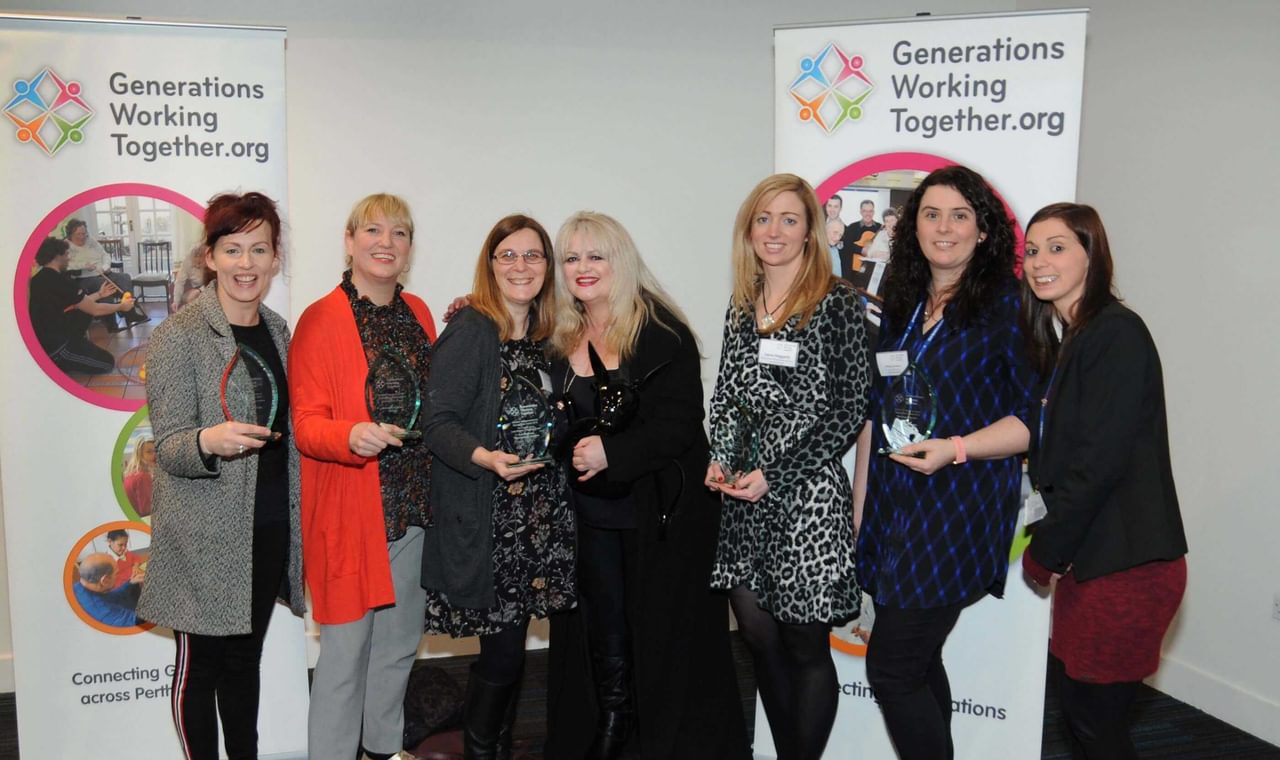
Generations Working Together: An Intergenerational Case Study
Supporting and equipping intergenerational work from the Scottish Borders to the Highlands and Islands, Generations Working Together offers one of the most established intergenerational programmes in the UK. CEO Alison Clyde tells us more about their work.
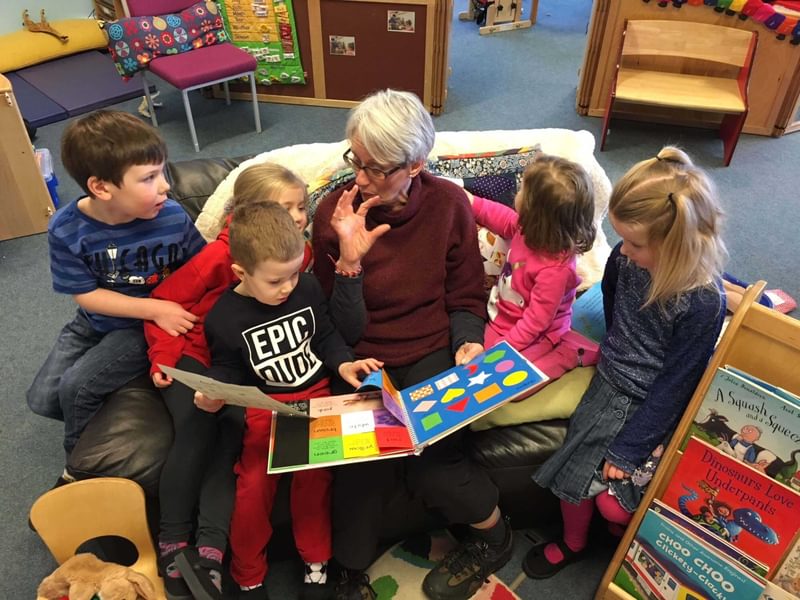
Intergenerational work enables people of different generations to form trust and respect and build friendships that make a positive difference to them and their communities.
How do you define intergenerational activity?
We use and promote the following definition across Scotland.
“Intergenerational practice aims to bring people together in purposeful, mutually beneficial activities which promote greater understanding and respect between generations and contributes to building more cohesive communities.” Beth Johnson Foundation
The elevator pitch: How do you describe your organisation to someone completely new to your work?
Generations Working Together (GWT) is the nationally recognised centre of excellence supporting the development and integration of intergenerational work across Scotland. Our mission is to develop, expand and improve intergenerational practice.
GWT provides training opportunities, a library of resources, organises events, facilitates local networks across Scotland and delivers pilot projects, all of which support and encourage the involvement of volunteers and grass roots projects as well as the more strategic levels of management and government. Importantly, we connect individuals and organisations who work across different generations, building trust and respect which creates long lasting friendships.
GWT has more than 3000 members across Scotland and supports 18 local intergenerational networks, each meeting 2 and 4 times a year. The networks cover most of Scotland from the Scottish Borders to the Highlands and Islands and consist of a rich mix of community and public service groups (volunteers and paid staff) that currently use or want to learn how to use intergenerational approaches for the benefit of local communities and the people who live there.
Membership is free to anyone living in Scotland. For those further afield there is an option to become an international member. For details click here.
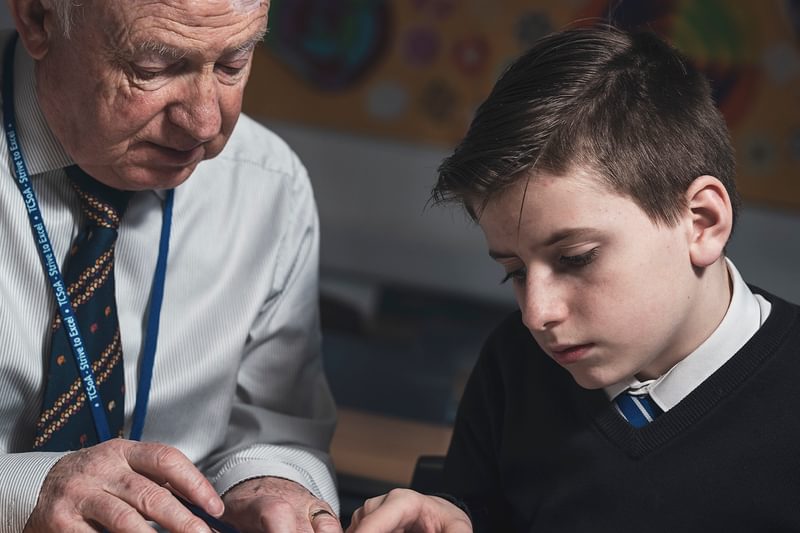
The hurdles: What are some of the main challenges you face around offering your services?
Our two biggest challenges include securing core funding and staffing resources.
The rewards: What are some stand-out benefits of intergenerational activity for those you work with?
Intergenerational practice contributes to giving people of all ages a more positive attitude to ageing, countering and reducing negative attitudes towards older and younger people, helping older and young workers to support each other and see the shared benefits of a vibrant community, and supporting people’s educational development. Intergenerational work enables people of different generations to form trust and respect and build friendships which make a positive difference to them and their communities. Together younger and older people can share experiences, knowledge and skills which are mutually beneficial, tackling shared challenges and preventing exclusion and isolation. Intergenerational work improves health and well-being, helps tackle loneliness and isolation and connects communities.
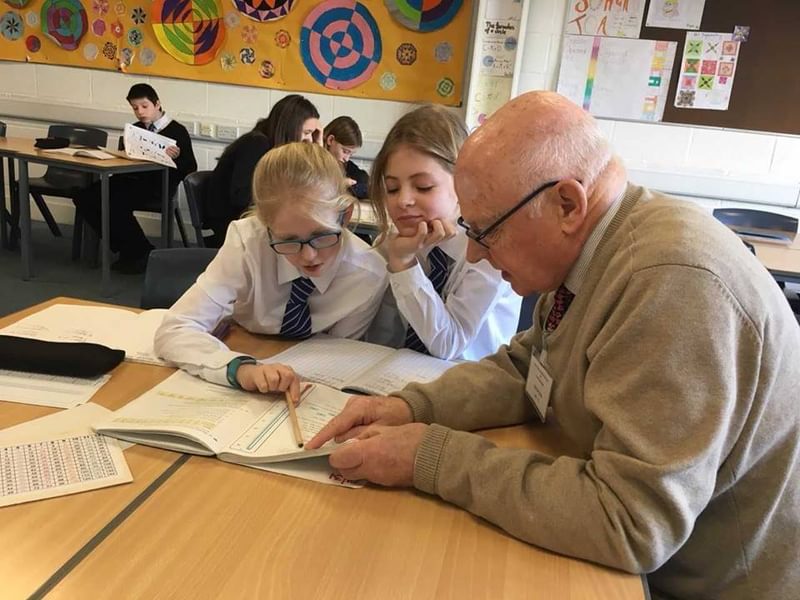
"If possible, take part in an intergenerational training course, visit existing projects and speak with practitioners who have experience in this approach."
The people: Give one real-world example of a group that have benefited from your intergenerational work in the past 12 months and the changes you have seen for them since taking part.
Back in 2017, GWT developed the first education pilot in Scotland working with two schools in the Perth & Kinross area. GWT employed an Intergenerational Development Officer to work in schools to recruit and train older volunteers (36 recruited over 18 months) to support young people develop their literacy and numeracy skills.
The pilot has been extremely successful, and although it is still relatively early days to record the impact in the learning, we can clearly show that pupils', self-esteem, communication (listening and talking skills) and confidence levels have greatly improved as a direct result of being with older volunteers. There have also been some quite dramatic changes in pupils who were totally switched off from reading who are now reading comfortably with volunteers and in class.
In one school volunteers supported pupils over an incredible 26 hours in secondary and 21 hours in primary, giving an approximate 47 hrs each week / 188 hours a month. This support was given to over 20 pupils who needed additional help in literacy and numeracy.
Top tips: What advice would you give to someone looking to get involved in an existing intergenerational project or looking to start their own?
If possible, take part in an intergenerational training course, visit existing projects and speak with practitioners who have experience in this approach. Create opportunities to bring younger and older people together to ask what they are keen to do together before planning the detail of the project. Link in with an event, learn about icebreakers for you can use or connect over food based projects such as the food for life get together project which the Soil Association are running.
Training will give you the confidence and knowledge to plan and facilitate an intergenerational project using the principles of good intergenerational practice.
There are various intergenerational courses available in Scotland (a one-day introduction course, a 4 hour school course, a course for intergenerational workplaces and a 7 week accredited online course) and there are two online training courses, ICIL (GWT & University of Granada) and TOY.
How can we find out more about your work and how to support you?
Check our website out at www.generationsworkingtogether.org or our social media pages on Facebook, Twitter and YouTube.
GWT organise and deliver an annual National Intergenerational Conference which will take place on Wednesday 4th March 2020, Technology and Innovation Centre, University of Strathclyde, Glasgow. The programme will be launched before Christmas on the GWT website.
GWT celebrate intergenerational work each year through our national excellence awards. The awards recognise, showcase and celebrate achievement and outstanding practice in the field of intergenerationality. Nominations are encouraged from projects and individuals living throughout Scotland. You can find out more about the awards and read our guidelines on our website.
